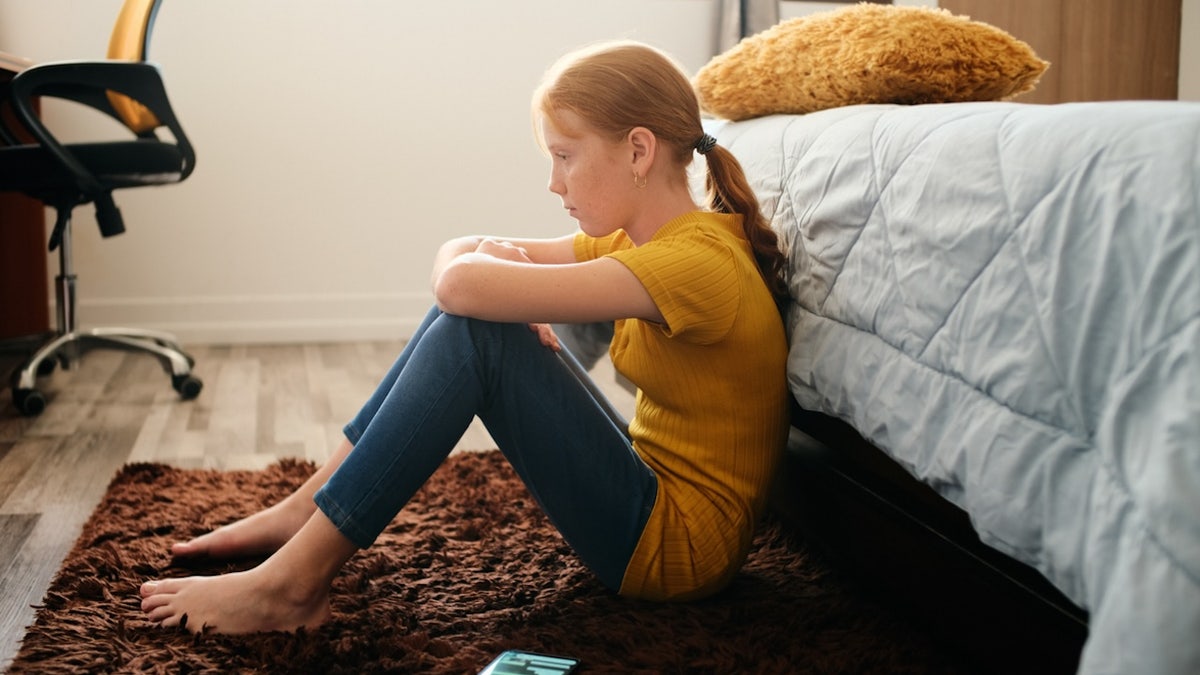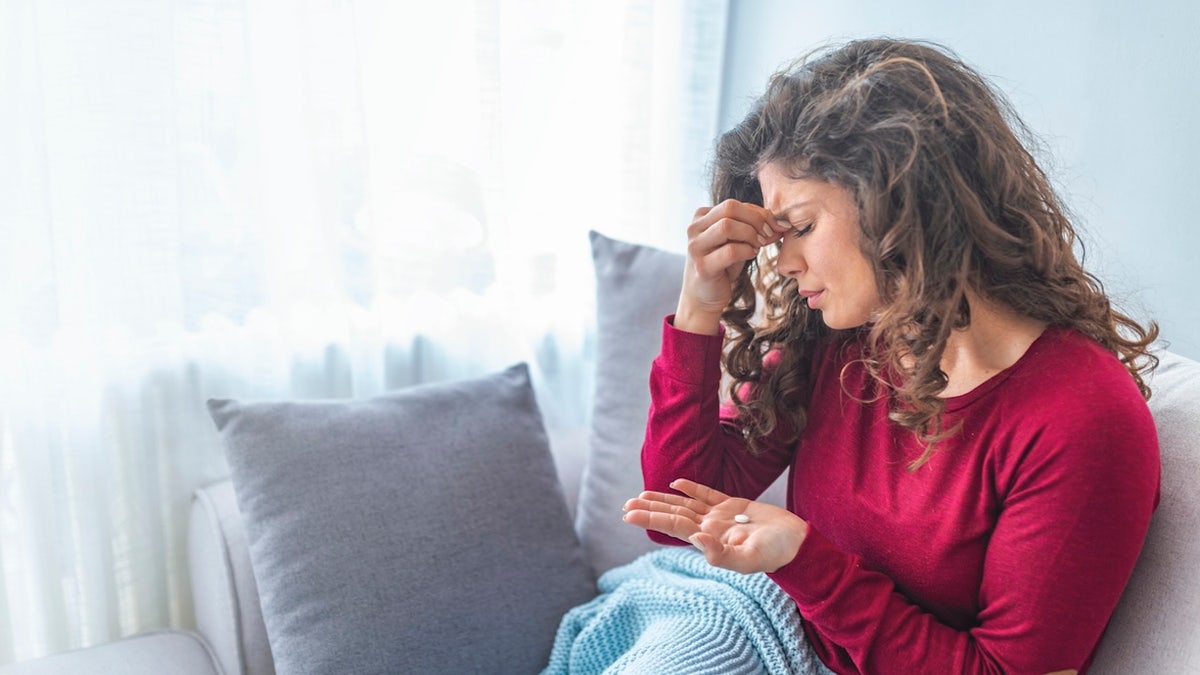Pandemic poured gasoline on US loneliness problem: Dr. Marc Siegel
Fox News medical contributor Dr. Marc Siegel discusses the impacts of the U.S. ending the COVID-19 public health emergency.
Young people turned to antidepressants in greater numbers during and after the COVID-19 pandemic, new research has shown.
Use of these medications was already on the rise prior to March 2020, but the pandemic accelerated that trend, according to a study published in the journal Pediatrics on Feb. 26.
"Using 2016-2022 data from a comprehensive national database, we found that the antidepressant dispensing rate to adolescents and young adults was increasing rapidly before March 2020 but increased nearly 64% faster afterward," Kao Ping Chua, M.D., PhD, a pediatrician and researcher at University of Michigan Health C.S. Mott Children's Hospital, told Fox News Digital in a statement.
The data was pulled from the IQVIA Longitudinal Prescription Database, which compiles prescription information from most U.S. retail pharmacies.
Teen girls and young women were entirely responsible for the increase, the study found. "Among female adolescents aged 12 to 17 years, the antidepressant dispensing rate increased 130% faster after March 2020 than beforehand, compared with 57% faster among female young adults aged 18 to 25 years," said Chua.

Teen girls and young women were entirely responsible for the increase in antidepressants, the study found. (iStock)
Among young males, however, antidepressant prescriptions decreased or changed very little, despite studies suggesting that the mental health of male adolescents worsened during the pandemic.
COVID-19 PANDEMIC HAS CAUSED ‘COLLECTIVE TRAUMA’ AMONG US ADULTS, NEW POLL SAYS
"Given this, it is surprising that the rate of antidepressant dispensing to male adolescents declined," Chua noted.
"I worry that this decline may reflect underdiagnosis and undertreatment of mental health concerns."
Mental health experts share reactions
Marlene McDermott, LMFT, PhD, a Philadelphia-based licensed marriage and family therapist with Array Behavioral Care, said the increase is likely due to greater access to mental health care — which allows more teenagers to seek treatment that they may have always needed.
She was not involved in the study.
"I think it will be important to monitor these numbers over the next two years to determine if this is a new baseline, or if there is a significantly worsening mental health crisis for teens," she told Fox News Digital.

Use of antidepressant medications was already on the rise before March 2020, but the pandemic accelerated that trend, according to the new study. (iStock)
"The destigmatization of mental health treatment is a good thing for the adolescent population," McDermott added. "If the use of antidepressants lowers the death by suicide rates, we are on the right track."
Marissa Stridiron, M.D., New Jersey-based medical director of acute care at Array Behavioral Care, who was also not involved in the study, pointed out that there was a large increase of children and adolescents in crisis coming into emergency rooms during the pandemic.
"The destigmatization of mental health treatment is a good thing for the adolescent population."
"[This was] due to fewer earlier interventions from school-based therapeutic options, social isolation, a rise in social media use and resultant cyberbullying," she told Fox News Digital.
Although crisis visits have decreased as the pandemic has ebbed, Stridiron noted that it still appears to be higher than pre-pandemic levels.
CLICK HERE TO SIGN UP FOR OUR HEALTH NEWSLETTER
"National media attention surrounding psychiatric crises in children and adults has led to increased access and earlier interventions in the outpatient realm, including from primary care physicians," she said.
"This is great because it means we are capturing more patients in outpatient settings and initiating treatments earlier, thus reducing or preventing crises."

Teens and young adults should seek medical attention if they are having depression symptoms, say mental health professionals. (iStock)
One limitation of the study, author Chua noted, is that it was not able to directly evaluate why antidepressant use by adolescents and young adults changed so much during the pandemic.
"In particular, it’s unclear why antidepressant dispensing to male adolescents declined," he said.
Based on these findings, the researchers believe there may be an increased need for antidepressant medications as well as additional research into these trends.
CLICK HERE TO GET THE FOX NEWS APP
"Adolescents and young adults with mental health symptoms should know that they are not alone," said Chua.
"It is important for them to seek medical attention if they are having these symptoms and for their parents to encourage them to do so."











































